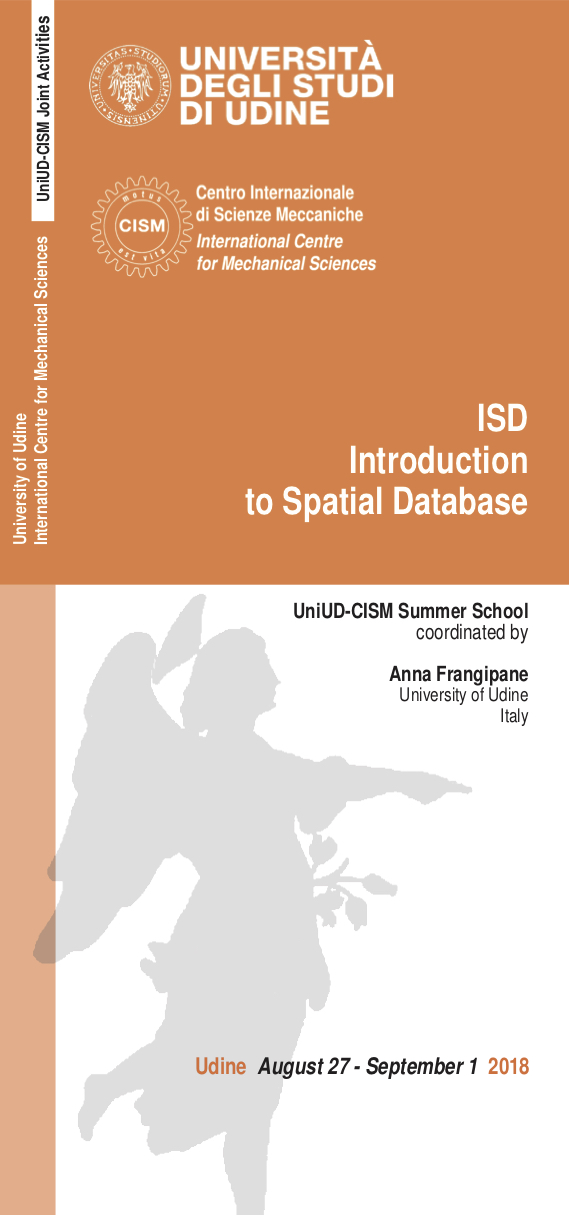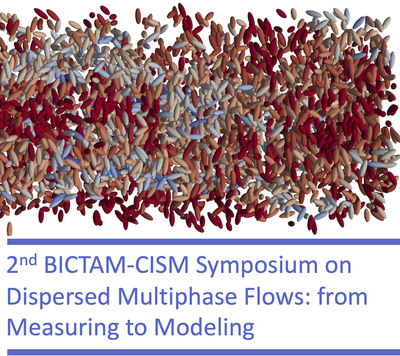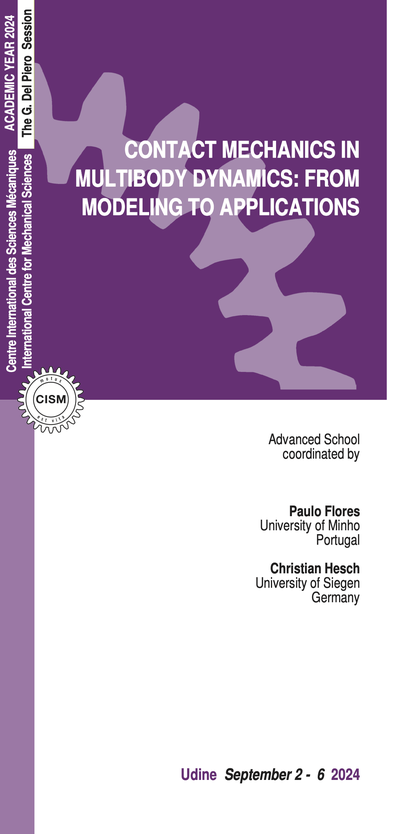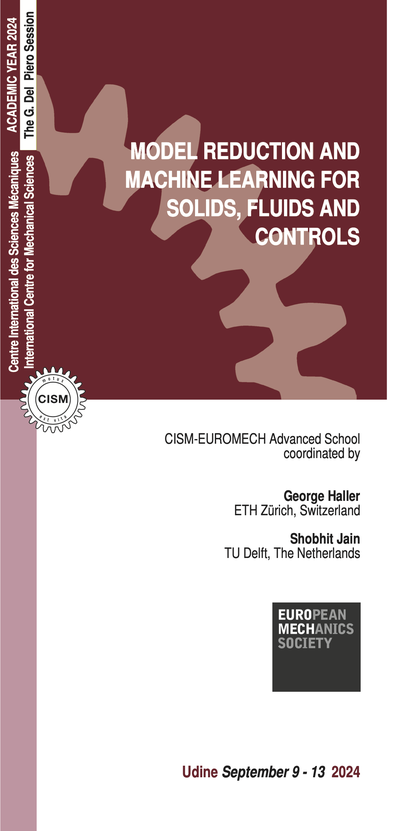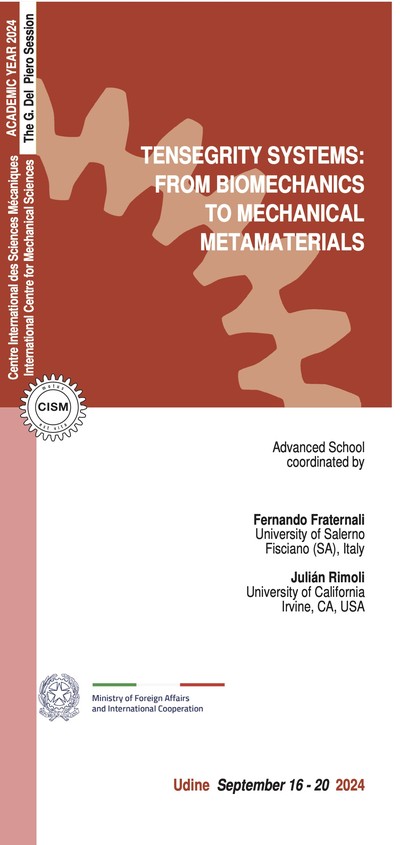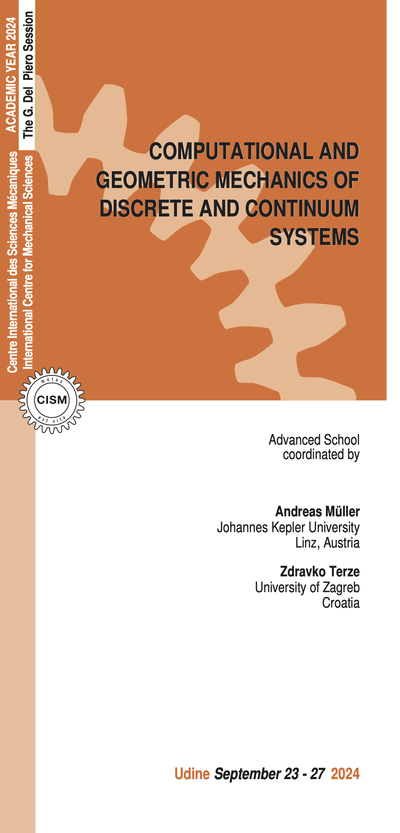The summer school aims in introducing fundamentals in spatial database topics. It is organised in 3 stages. The first stage will provide a basic introduction to the world of relational databases. An outline about the conceptual design of databases, required to model in efficient way real world scenarios, will be offered. The lectures will cover a brief introduction to the entity relation model, its translation into a relational schema, and some basic relational algebra. Theoretical issues will be integrated by a laboratory part, which will offer the possibility to work with a common relational Database Management System (DBMS). The hands on lessons will consist in the actual design of a small, realworld database, using the concepts taught in the theoretical lessons. Moreover, students will implement the database by learning how to write actual SQL code on the popular open source software MySQL, a popular DBMS widely used all around the world (e.g. by Wordpress and Facebook). The second stage will deal with Geospatial Information Systems (GIS). They represent fundamental computer tools for the analysis and management of a wide range of activities related to the territory, since they provide the user the ability to capture, store, display, analyse and manage spatially referenced data efficiently. Uses of GIS, together with the availability of large datasets of spatial data, are growing among research institutions, land planners, government agencies, and professionals for a wide range of purposes, involving environment, cultural heritage, health, natural resources, transports, agriculture, hydrology and water management. This part aims in introducing the School attendants to the essential GIS functions, as project management, data types, datasets import, export, and merging, geo referencing, spatial queries, editing, report production. The theoretical issues will be presented first in the classroom and will be followed by an individual computer lab activity in which the students will perform by themselves specific tutorials suggested by the teacher. The third stage will focus on 4 case studies, describing the use of spatial database in Engineering applications, as referred to: Remote Sensing Analysis, Network Analysis, Spatial Database for the Built Environment and Spatial Database for Cultural Heritage. The acquired knowledge will be verified through a final test.
Linda Anticoli (Università degli Studi di Udine)
NoneMarco Basaldella (Università degli Studi di Udine)
NoneAlberto Beinat (Università degli Studi di Udine)
NoneAnna Frangipane (Università degli Studi di Udine)
NoneAlessia Movia (Università degli Studi di Udine)
NoneMaria Vittoria Santi (Università degli Studi di Udine)
None